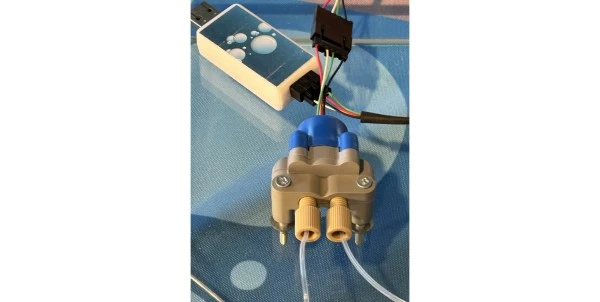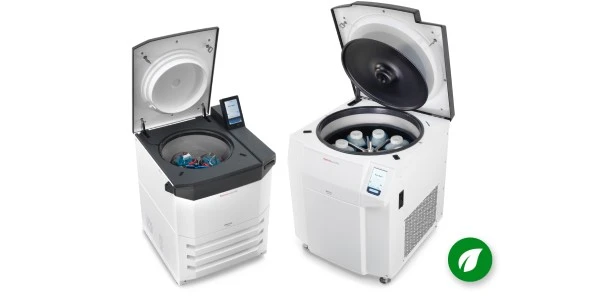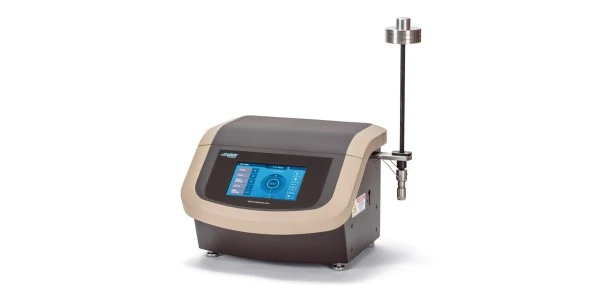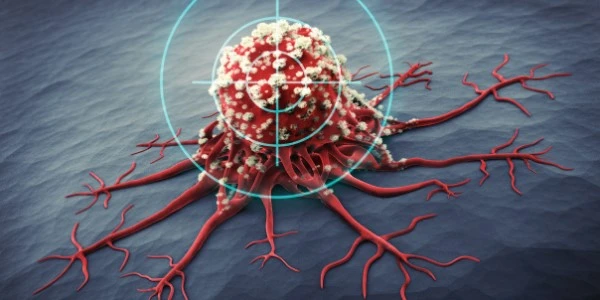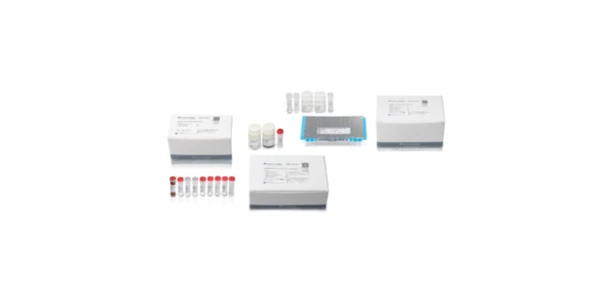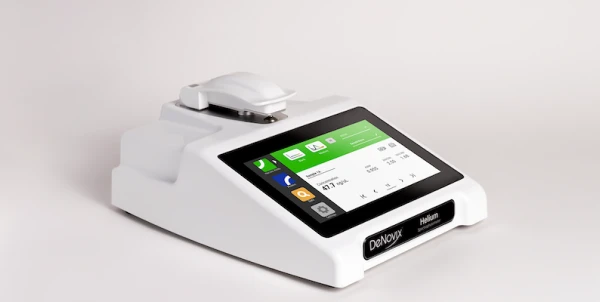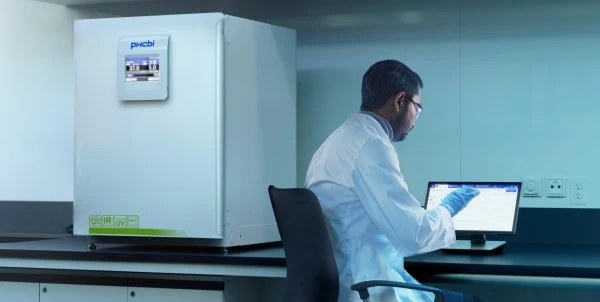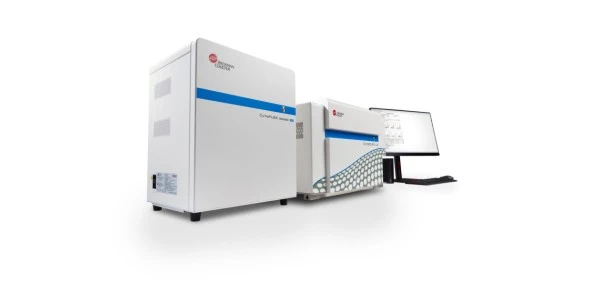The Best Ion Chromatography Systems: A Buyer's Guide to Price and Features
Ion Chromatography (IC) is a powerful analytical technique used for separating and quantifying ionic species in a wide variety of samples. It plays a crucial role in environmental testing, food and beverage analysis, pharmaceuticals, and industrial quality control. Choosing the right IC system involves balancing factors such as sensitivity, selectivity, and sample throughput to ensure accurate and reliable results. This guide provides an overview of different types of ion chromatography systems, key features to consider, and a price guide to help you make an informed decision. Reagent-Free Ion Chromatography (RFIC) systems use electrolytic eluent generation, eliminating the need for manual eluent preparation. These systems are known for their convenience, reproducibility, and reduced risk of contamination. RFIC is ideal for high-purity applications where consistent results and minimal maintenance are critical. Applications: Environmental monitoring, water quality testing, food and beverage analysis, and pharmaceutical testing. High-Pressure Ion Chromatography systems operate at higher pressures to improve resolution and speed of analysis. These systems are suitable for complex samples requiring high sensitivity and selectivity. High-pressure IC is commonly used in research and industrial laboratories for fast, efficient ion analysis. Applications: Environmental testing, industrial quality control, chemical research, and clinical diagnostics. Capillary Ion Chromatography systems use narrow-bore columns to reduce sample and reagent consumption. They offer high sensitivity and are well-suited for analyzing small sample volumes. Capillary IC is particularly useful in laboratories where sample availability is limited or when analyzing trace-level contaminants. Applications: Trace analysis, clinical testing, biochemical analysis, and small-scale research. Ion-Exclusion Chromatography systems are designed for the separation of weakly ionized acids and bases. This technique is effective for analyzing organic acids, alcohols, and carbohydrates. Ion-exclusion chromatography is commonly used in the food and beverage industry and biofuel research. Applications: Organic acid analysis, food and beverage quality control, biofuel research, and fermentation monitoring. Suppressed Conductivity Ion Chromatography systems use suppression techniques to enhance the detection sensitivity of ions by reducing background conductivity. This type of IC is highly effective for detecting low concentrations of ions in complex matrices, making it a preferred choice for sensitive applications. Applications: Drinking water analysis, environmental monitoring, pharmaceutical testing, and chemical manufacturing. Non-Suppressed Conductivity Ion Chromatography systems measure the conductivity of ions directly without using a suppressor. These systems are simpler and more cost-effective, making them suitable for applications where high sensitivity is not required. Non-suppressed IC is used for routine ion analysis and educational purposes. Applications: Basic ion analysis, industrial quality control, educational labs, and simple water testing. High detection sensitivity is crucial for accurate quantification of trace ions, especially in environmental and clinical applications. Choose an IC system with a wide dynamic range and low detection limits to ensure accurate analysis of both major and minor ionic species. Selectivity and resolution determine the system's ability to separate ions with similar properties. High-resolution IC systems are essential for complex samples where ions may have overlapping peaks. Look for systems with advanced column technology and optimized separation capabilities. Consider the sample throughput needs of your laboratory. Automated IC systems with features like auto-samplers, automated eluent generation, and rapid analysis capabilities can significantly enhance productivity and efficiency, especially in high-volume labs. Efficient eluent management is critical for maintaining consistent performance and reducing maintenance. Reagent-free systems or those with automated eluent preparation can minimize manual handling, reduce errors, and enhance reproducibility. Advanced software is essential for controlling the IC system and analyzing data. Look for user-friendly software with features such as automated peak integration, data processing, and comprehensive reporting tools. Compatibility with laboratory information management systems (LIMS) can also enhance workflow efficiency. Consider the ease of maintenance and availability of technical support. Choose IC systems with accessible components for easy cleaning and maintenance. Reliable technical support and service plans can ensure your system remains operational and effective over time. Selecting the best ion chromatography system involves considering factors such as sensitivity, selectivity, throughput, and maintenance. By choosing high-quality IC systems that meet your specific needs, you can enhance the accuracy, efficiency, and reliability of your laboratory analyses. For more detailed specifications or to view models, visit LabX.com to browse products and gain additional insights to help in making the best choice for your lab's needs.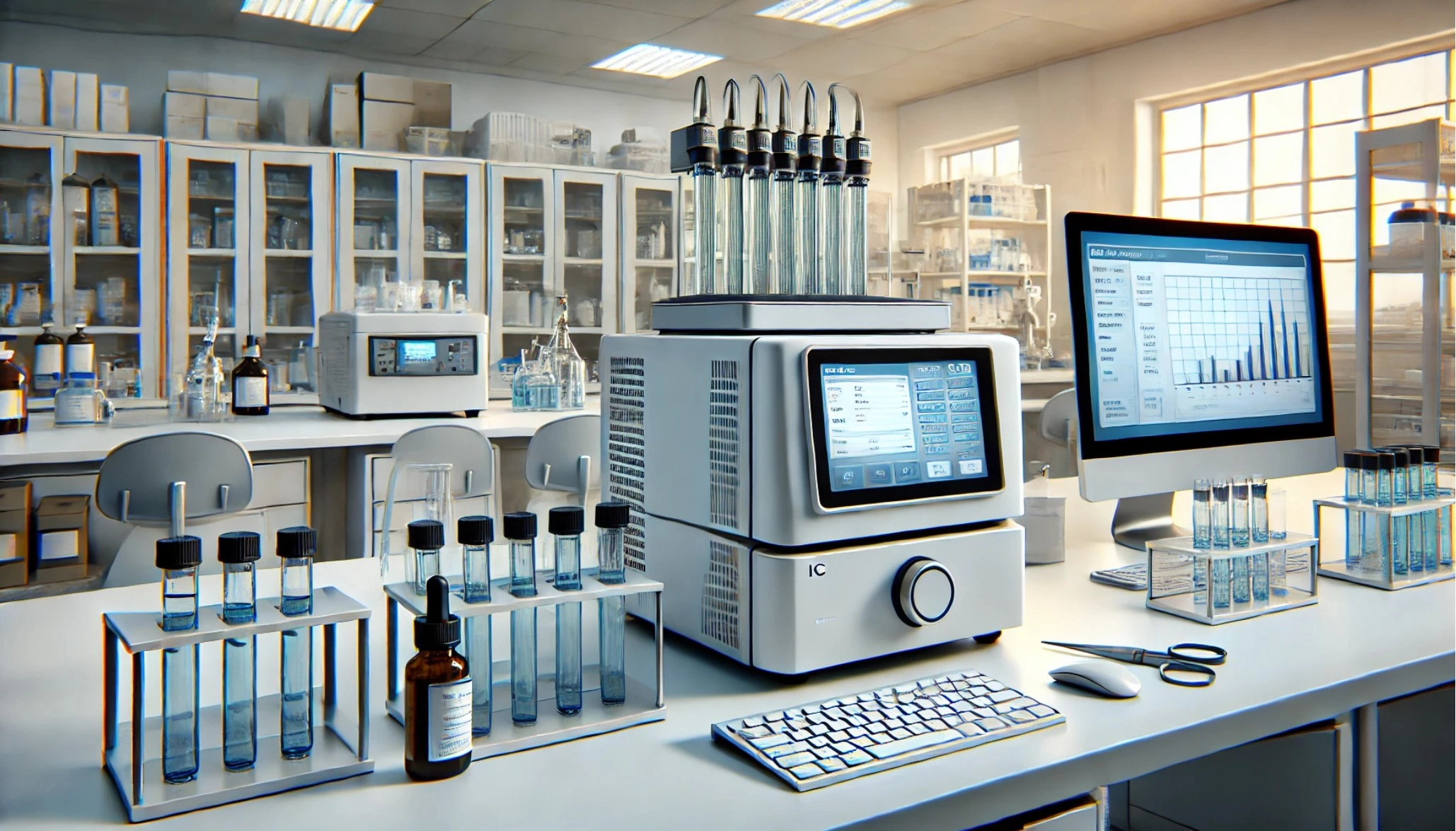
Sensitivity, Selectivity, and Throughput are Key Considerations to Find the Best Ion Chromatography Systems at the Best Price
Types of Ion Chromatography Systems
1. Reagent-Free Ion Chromatography (RFIC) Systems
2. High-Pressure Ion Chromatography Systems
3. Capillary Ion Chromatography Systems
4. Ion-Exclusion Chromatography Systems
5. Suppressed Conductivity Ion Chromatography Systems
6. Non-Suppressed Conductivity Ion Chromatography Systems
Key Features to Consider When Buying Ion Chromatography Systems
1. Detection Sensitivity and Range
2. Selectivity and Resolution
3. Automation and Sample Throughput
4. Eluent Management and Reagent Handling
5. Software and Data Analysis
6. Maintenance and Support
Laboratory Ion Chromatography System Price Guide
View all Ion Chromatography Systems Listings on LabX.com
